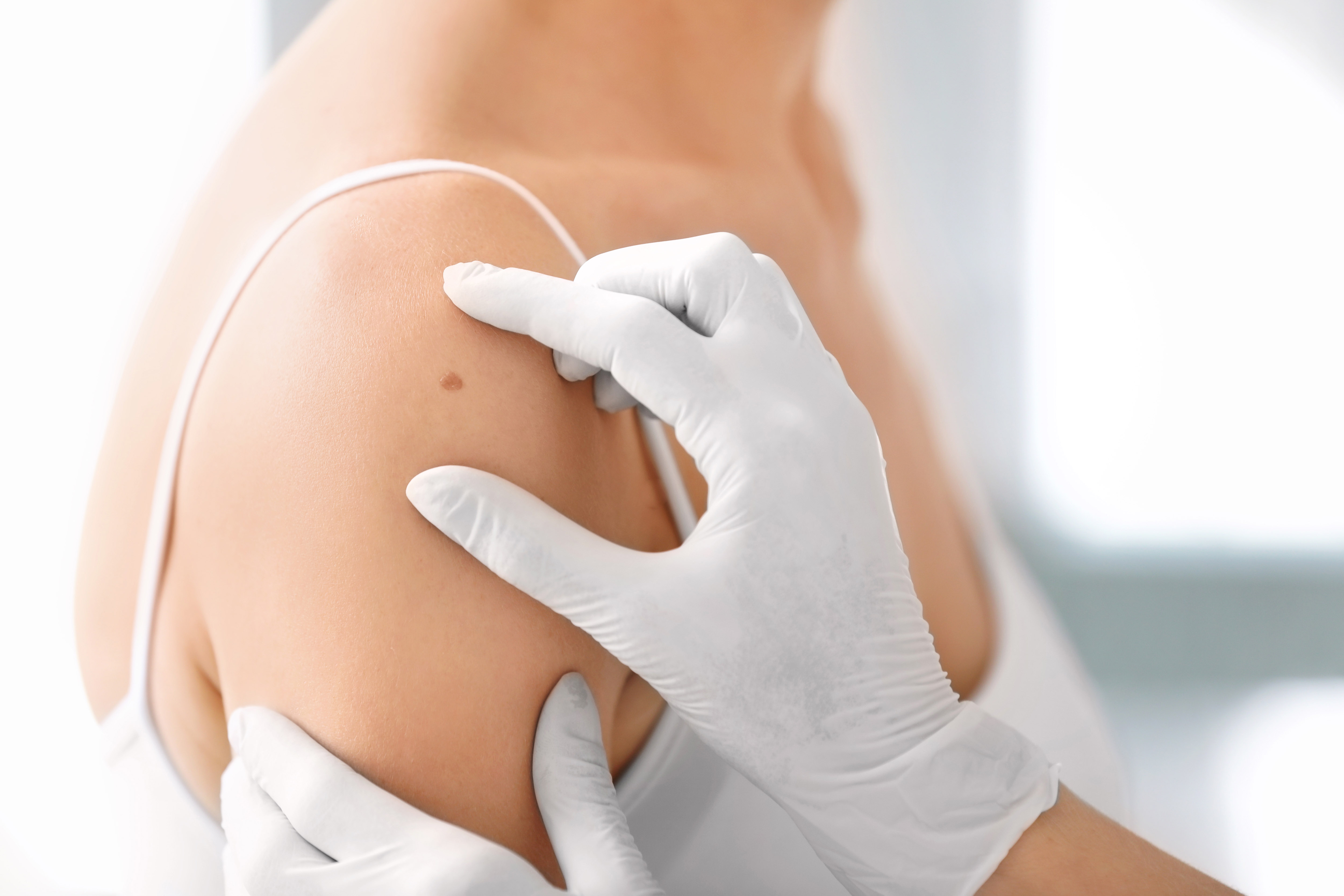Each person in these cases is different and may have other symptoms at different intensities.

ANOREXIA – LOSS OF APPETITE
Eat foods high in protein and calories (Beans, Chicken, Fish, Meat, Yogurt, Eggs)
Eat more when your appetite is better and you feel better.
Drink only small amounts of fluids during meals.
Drink milkshakes, smoothies, juices or soups if you don't want to eat solid food.
Eat foods that smell good.
Have snacks ready and eat small meals and healthy snacks frequently throughout the day and larger meals when you feel well and rested.
Make and store small amounts of favorite foods so they are ready to eat when you are hungry.
Be as active as possible to have a good appetite.
Brush your teeth and rinse your mouth to relieve symptoms and aftertastes.
DIARRHEA
Drink liquids at room temperature to replenish
Eat foods higher in sodium and potassium, e.g. boiled potatoes, bananas, soups, broth
Avoid very fatty foods (oily) and lots of raw fruits and vegetables (they have a lot of fiber that doesn't help with diarrhea)
Avoid foods that produce gas (eg cauliflower, beans, broccoli and whatever else you can think of). Carbonated drinks (soft drinks, soda) and chewing gum do not help
Caffeine and dairy, especially milk, may bother some people try to limit them and see how your body reacts
NAUSEA
Choose foods you like. Don't force yourself to eat food that makes you feel sick. Don't eat your favorite foods so you don't associate them with being sick.
Eat foods that are mild, soft and easy to digest, instead of heavy meals.
Eat dry foods such as crackers, white toast, plain yogurt and clear broth
Eat dry toast or crackers before getting out of bed if you have morning sickness.
Eat food and drink liquids at room temperature (not too hot or too cold).
Try hard candies like mints or lemon drops if your mouth tastes bad.
Stay away from food and drink with strong smells.
Eat 5 or 6 small meals each day instead of 3 large meals.
Don't skip meals and snacks. An empty stomach can make nausea worse.
Rinse your mouth before and after eating.
Do not eat in a room that smells of cooking or is very hot.
Relax before any cancer treatment.
Wear clothes that are loose and comfortable.
Keep a record of when you feel nauseous and why.
Talk to your doctor about using anti-nausea medicine.

VOMITING
Do not eat or drink anything until the vomiting stops.
Drink small amounts of clear liquids after the vomiting has stopped.
After you are able to drink clear liquids without vomiting, drink liquids such as strained soups or milkshakes, which are easy on your stomach.
Eat 5 or 6 small meals each day instead of 3 large meals.
Sit up and bend forward after vomiting.
Ask your doctor to prescribe medication to prevent or control vomiting.
DRY MOUTH
Eat foods that are easy to swallow.
Moisture in food with sauces.
Eat foods and drinks that are too sweet
Chew gum or suck on hard candies, popsicles or ice chips.
Drink water throughout the day.
Do not eat foods that may harm your mouth (such as spicy, sour, salty, hard or crunchy foods).
Keep your lips moist with lip balm.
Rinse your mouth every 1 to 2 hours. Do not use mouthwash that contains alcohol.
Do not use tobacco products and avoid passive smoking.
Ask your doctor or dentist about using artificial saliva
WOUNDS IN THE MOUTH
Eat soft foods that are easy to chew, such as milkshakes, creams
Cook food until soft
Cut the food into small pieces.
Suck on ice cubes to numb and soothe your mouth.
Eat foods cold or at room temperature.
Drink through a straw to move liquid past the painful parts of your mouth.
Avoid Foods such as oranges, lemons and limes, Spicy foods
Tomatoes and ketchup, very salty foods, raw vegetables, crunchy foods and alcoholic beverages
CHANGES IN TASTE
Eat poultry, fish, eggs and cheese instead of red meat.
Add spices and sauces to foods (pickled foods).
Use sugar-free lemon drops, chewing gum or peppermint if there is a metallic or bitter taste in your mouth.
Use plastic utensils and do not drink directly from metal containers if food has a metallic taste.
Chew food more
Brush your teeth and take care of your mouth
SORE THROAT AND DIFFICULTY IN SWALLOWING
Eat soft foods that are easy to chew and swallow, such as milkshakes, scrambled eggs, oatmeal, or other cooked cereals.
Moisture in food with sauces, broth or yogurt
Cook food until soft.
Cut the food into small pieces.
Drink with a straw.
Eat 5 or 6 small meals each day instead of 3 large meals.
Sit upright and lean your head slightly forward when eating or drinking and stay upright for at least 30 minutes after eating.
Do not use tobacco.
Avoid Hot foods and drinks, Spicy foods, Foods with high acid content, Spicy or crunchy foods, Alcoholic beverages
References;
Nutrition in cancer care (no date) National Cancer Institute. Available at: https://www.cancer.gov/about-cancer/treatment/side-effects/appetite-loss/nutrition-pdq (Accessed: 21 June 2023).
Home (no date) Cancer Treatment | General Nutrition Guidelines | Beaumont Health. Available at: https://www.beaumont.org/conditions/cancer-treatment-general-nutrition-guidelines (Accessed: 21 June 2023).
Diarrhea - American cancer society (2020). Available at: https://www.cancer.org/content/dam/CRC/PDF/Public/8919.00.pdf (Accessed: 21 June 2023).
No appetite during cancer treatment? try these tips (2022) Mayo Clinic. Available at: https://www.mayoclinic.org/diseases-conditions/cancer/in-depth/cancer/art-20045046 (Accessed: 21 June 2023).

